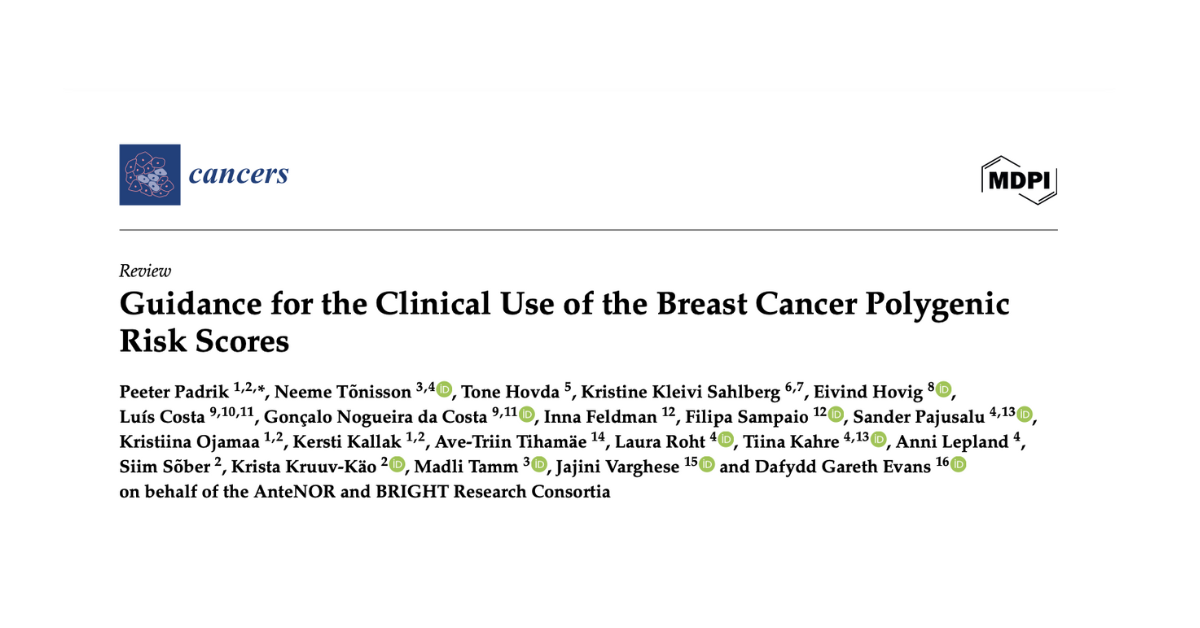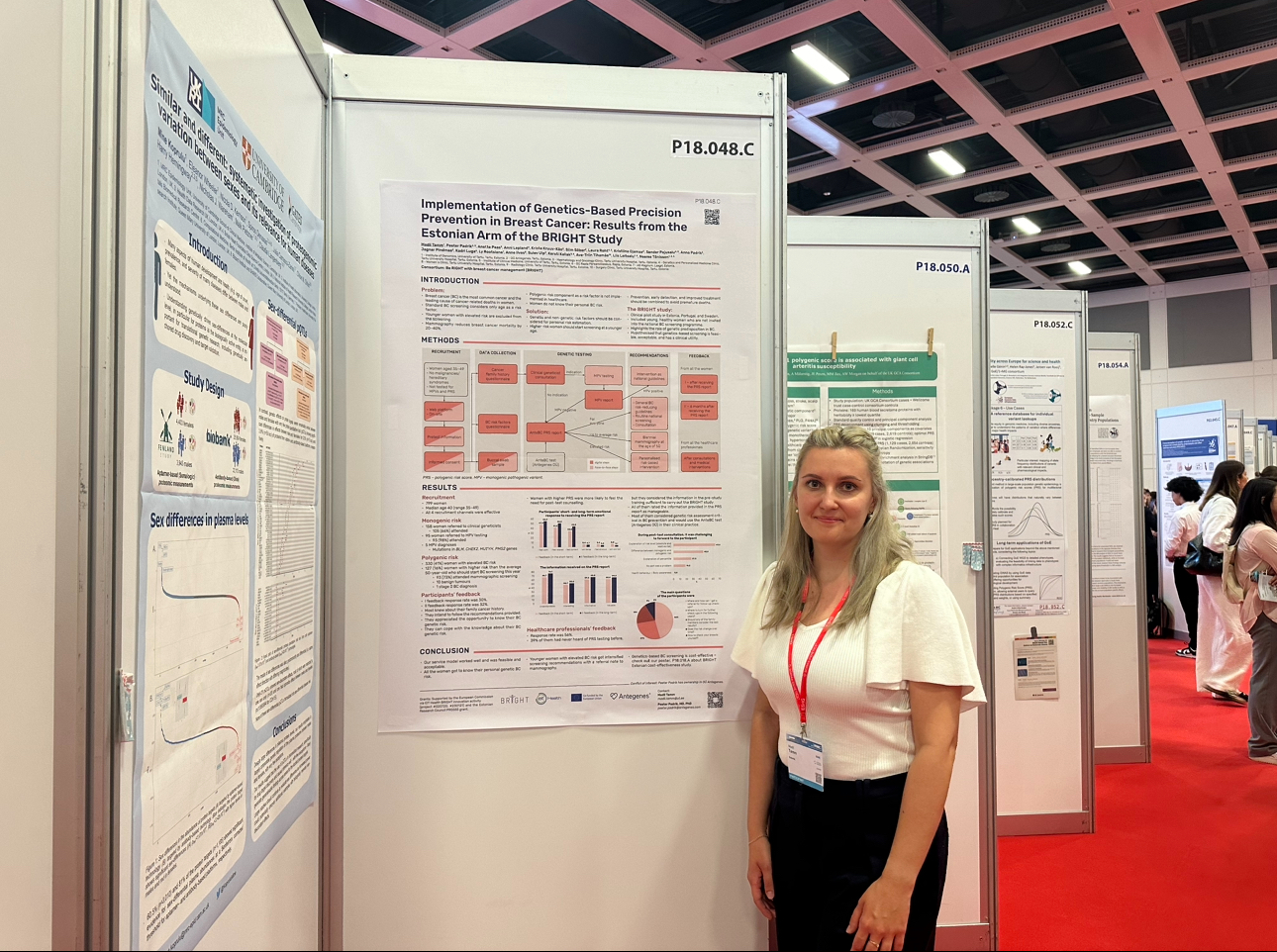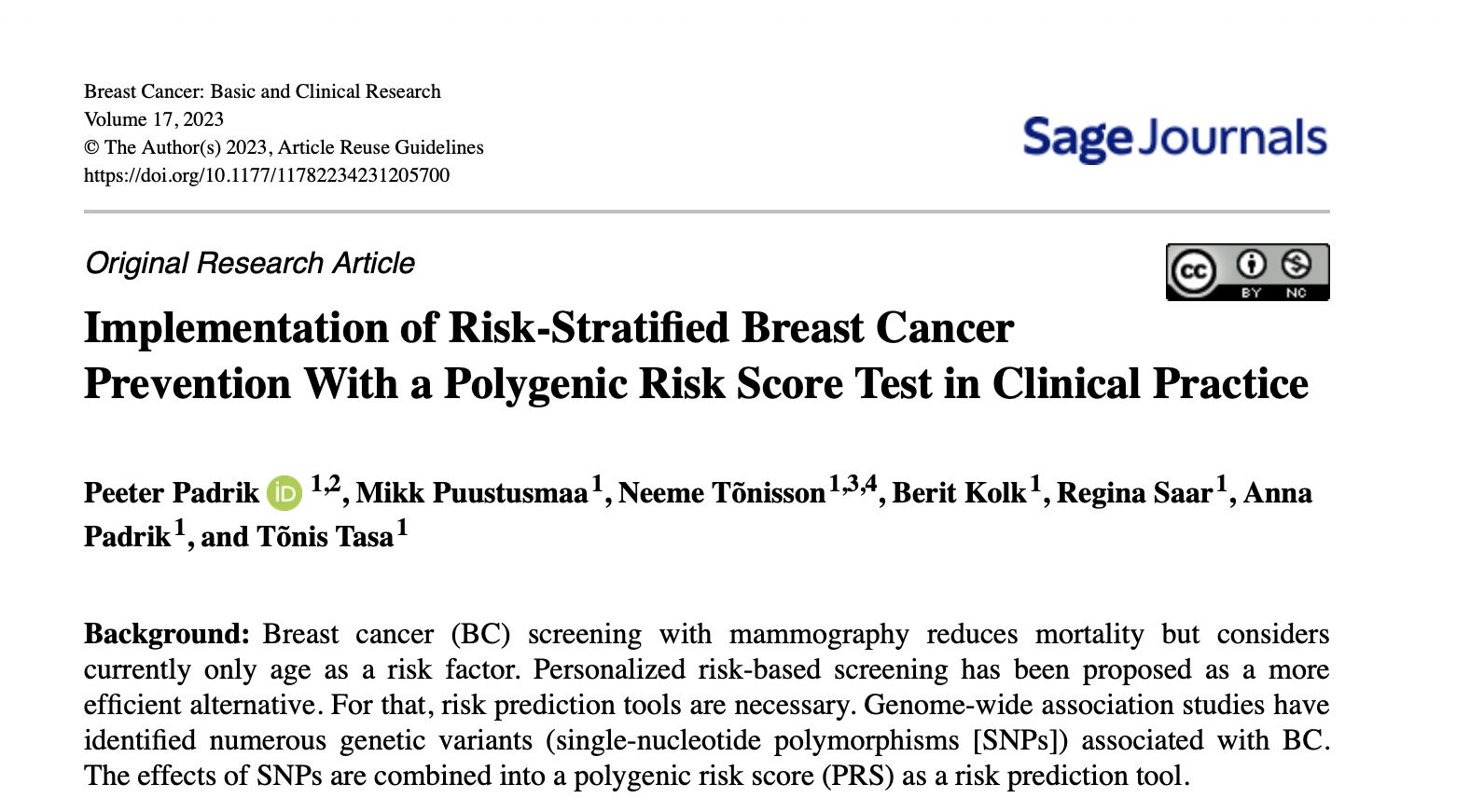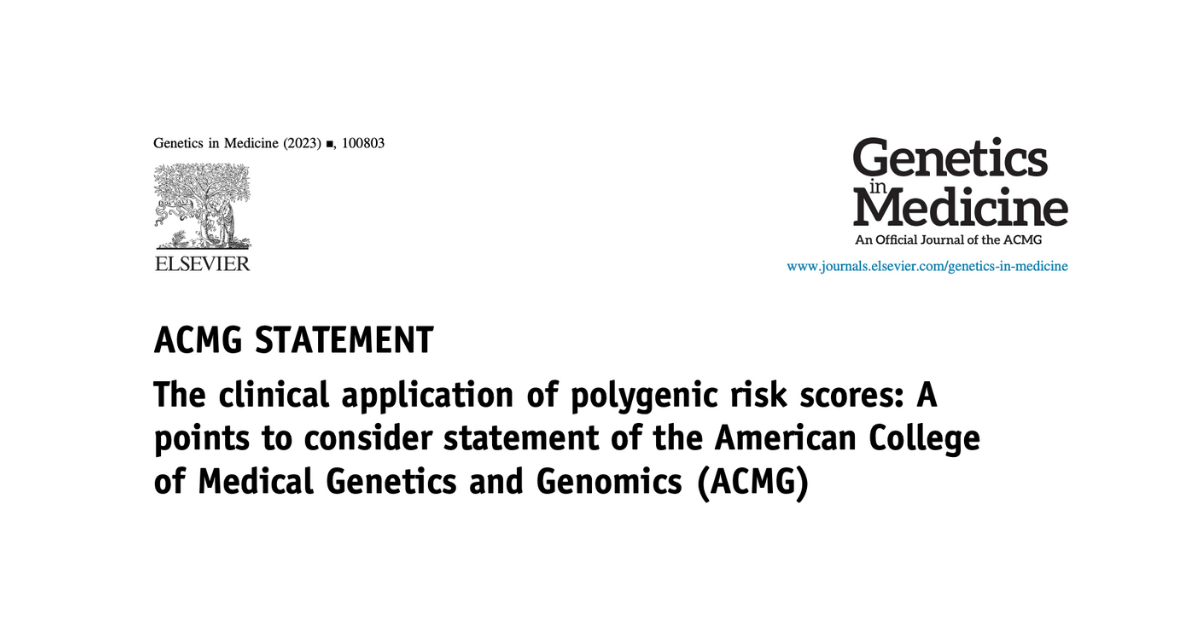At Antegenes, we are dedicated to advancing cancer prevention and risk reduction through cutting-edge genetic research and clinical implementation. Our proprietary test, AntePC, is available in the UK and EU, offering a sophisticated polygenic risk score (PRS) testing for prostate cancer genetic predisposition.
Recently, the BARCODE 1 study presented by UK researchers at the 2024 ASCO Annual Meeting, highlighted the transformative potential of PRS in prostate cancer screening (1).
Background
Prostate cancer incidence is rising globally, yet there is no universally accepted timely early detection or screening program. Traditional age-based PSA screening is hindered by high false-positive rates and over-diagnosis of indolent prostate cancers, leading to unnecessary treatments and anxiety. To address these challenges, the BARCODE 1 study introduced a novel approach using PRS to identify individuals at higher genetic risk for clinically significant prostate cancer.
The BARCODE 1 Study
Objective: To evaluate the effectiveness of using PRS to target prostate cancer screening in European men aged 55-69 years.
Participants: 40,292 men were invited via Primary Care in the UK; 8,953 (22%) expressed interest; 8,014 were eligible and sent a saliva kit; 6,393 were genotyped; PRS was calculated for 6,142.
Screening methods: Men with PRS > 90th centile were invited for screening using MRI and biopsy irrespective of PSA result.
Results: 558 men from 745 high-PRS risk men attended screening; 551 underwent MRI; 468 had biopsies – resulting in 187 (40.0%) diagnoses of prostate cancer, overall prostate cancer detection rate was 2.8%. 55.1% of cancers diagnosed were with intermediate or high risk, and 21.4% were with intermediate unfavourable/high/very high risk. 63.6% of men with diagnosed cancers had a PSA,3.0ug/L, e.g. within normal limits.
Conclusions: A population prostate cancer screening program using PRS risk-stratification enriches clinically significant prostate cancers requiring treatment. It detects a high proportion of clinically significant disease compared with PSA or MRI-based screening programs and MRI missed a substantial proportion (17-67%) of cancers found on biopsy.
Antegenes’ comments
The BARCODE 1 study marks a pivotal step towards implementing PRS-based screening in population-level prostate cancer programs. Antegenes’ prostate cancer PRS test AntePC has been developed using the same reference study used for the research PRS in the BARCODE1 study (2). Also, AntePC has similar performance parameters as the research setting PRS used in the BARCODE1 (3).
AntePC is a clinical test registered as a CE-marked medical device (in vitro diagnostics, IVD) in the EUDAMED database (UDI-DI: 04745010362040), in the Estonian Medical Devices Database (EMDDB code: 14952), and the UK MHRA Registry (GMDN code: 63668).
The test results provide information about the individual’s polygenic risk level for prostate cancer, accompanied with recommendations when and how to start prostate cancer prevention.
AntePC test is available for clinical use throughout the European Union and the United Kingdom.










